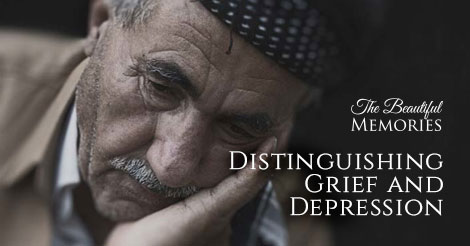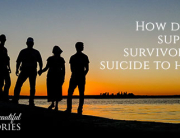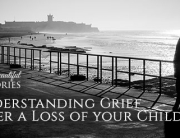Distinguishing Grief and Depression by Gerald Boh
When we lose someone through death, it is common for grief, sadness, anger or anxiety to appear sometimes. While these mood issues might seem like depression, the experience of grief is quite different. Grief is precipitated by distress over the loss of another e.g. death. Generally people could go through grief while maintaining their daily routine in their personal life e.g. family, relationships, work, school, without severe disruptions.
Generally speaking, someone who is depressed would:
- Have persistent low mood over a prolonged period of time
- Experience a loss of interest in their usual pleasurable activities or even basic activities like showering or dressing
- Have sleep issues e.g. insomnia
- Have a change in appetite e.g. loss of appetite
- Have lowered self-worth, pessimism or feelings of hopelessness
- Experience a change in energy level e.g. fatigue
- Face difficulty in concentration or decision-making
- Physically slow down (walk and talk slower) OR become more agitated and unable to sit still
- Have thoughts of harming themselves
How to tell if someone else has depression
We may believe we understand someone well doesn’t always mean we will be able to identify accurately when they have experienced some behavioral and emotional changes. Sudden changes especially prominent ones are likely to be noticeable but if the changes are gradual and slow, it is likely that these subtle changes could be missed. Additionally, even the familiar people we know (including our loved ones) will not overtly reveal their depressive thoughts and emotions.
Importantly, a portion of people experiencing grief could develop depression subsequently, but it is usually weeks or months later. The helpful approach is to be mindful that depression is not uncommon and to be aware of the common characteristics of depression.
Finally if you are concerned that someone you know could be depressed, it is critical to discuss with them about it and/or suggest that they seek some help from a mental health professional.






Leave A Comment
You must be logged in to post a comment.